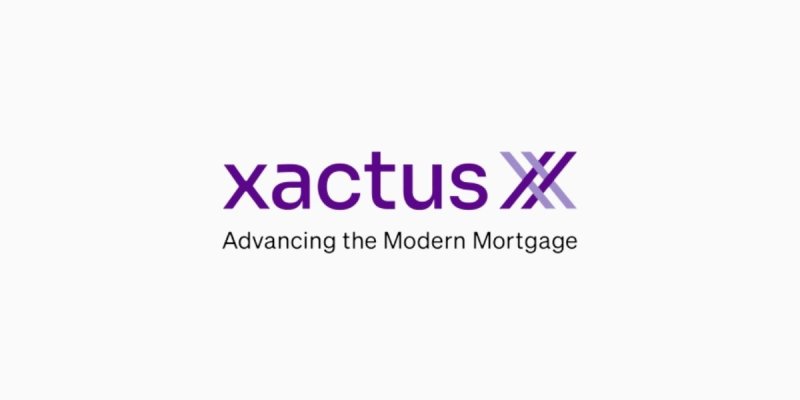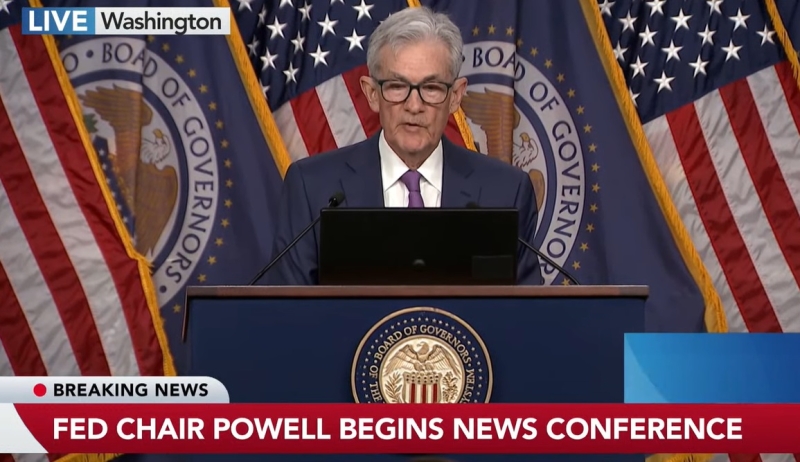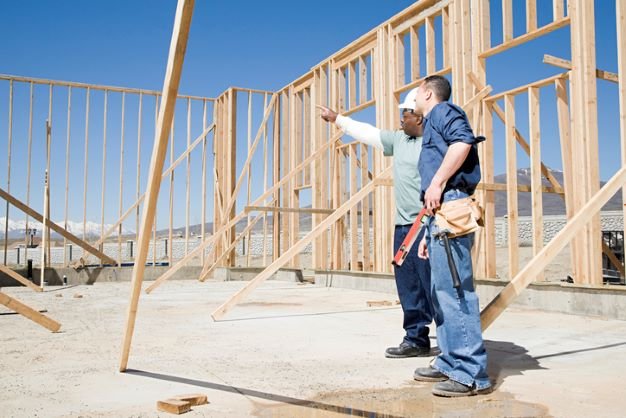
Mortgage Applications Slide 3.1%

Rising interest rates and low inventory fuel decline in mortgage applications, with 30-year fixed mortgage rate hitting highest level since 2002.
Mortgage applications have decreased by 3.1% from one week earlier, according to the latest data from the Mortgage Bankers Association.
The Market Composite Index, a mortgage loan application volume gauge, fell 3.1 % on a seasonally adjusted basis and 4% on an unadjusted basis from the previous week. A decline in both refinance and purchase activity contributed to the dip in the Index.
MBA’s Deputy Chief Economist Joel Kan said that the decrease is attributed mainly to rising Treasury yields, influenced by the Treasury's funding announcement and the downgrading of U.S. government debt rating. Rates increased across the board, with the 30-year fixed mortgage rate reaching 7.09%, its highest level since November 2022, and the rate for FHA mortgages hitting 7.02%, a rate unseen since 2002.
“Not surprisingly, mortgage applications continued to decline given these higher rates, with overall application counts falling for the third consecutive week, as both purchase and refinance activity declined," Kan said. He also highlighted the continuous struggle faced by homebuyers due to low for-sale inventory and elevated mortgage rates.
In line with this trend, the refinance share of mortgage activity decreased slightly to 28.7%, while the adjustable-rate mortgage (ARM) share of activity inched up to 6.9%. Government loan applications saw mixed reactions, with the FHA and VA shares increasing to 13.6 and 11.8%, respectively, while the USDA share dropped to 0.4%.
Interest rates for various mortgage types have increased across the board:
- 30-year fixed-rate mortgages with conforming loan balances ($726,200 or less) increased to 7.09% from 6.93%, with the effective rate increasing.
- 30-year fixed-rate mortgages with jumbo loan balances (greater than $726,200) increased to 7.04 % from 6.89%.
- 30-year fixed-rate mortgages backed by the FHA increased to 7.02% from 6.85%.
- 15-year fixed-rate mortgages jumped to 6.51% from 6.39%.
- 5/1 ARMs increased to 6.36% from 6.18%.
The rise in rates, combined with the persistent issues around inventory, is seen as a growing concern for the housing market, potentially affecting both homebuyers' affordability and lenders' business volumes.
Experts and industry stakeholders are closely monitoring these trends, as the higher mortgage rates and the broader economic climate may continue to shape the housing market in the coming months.




